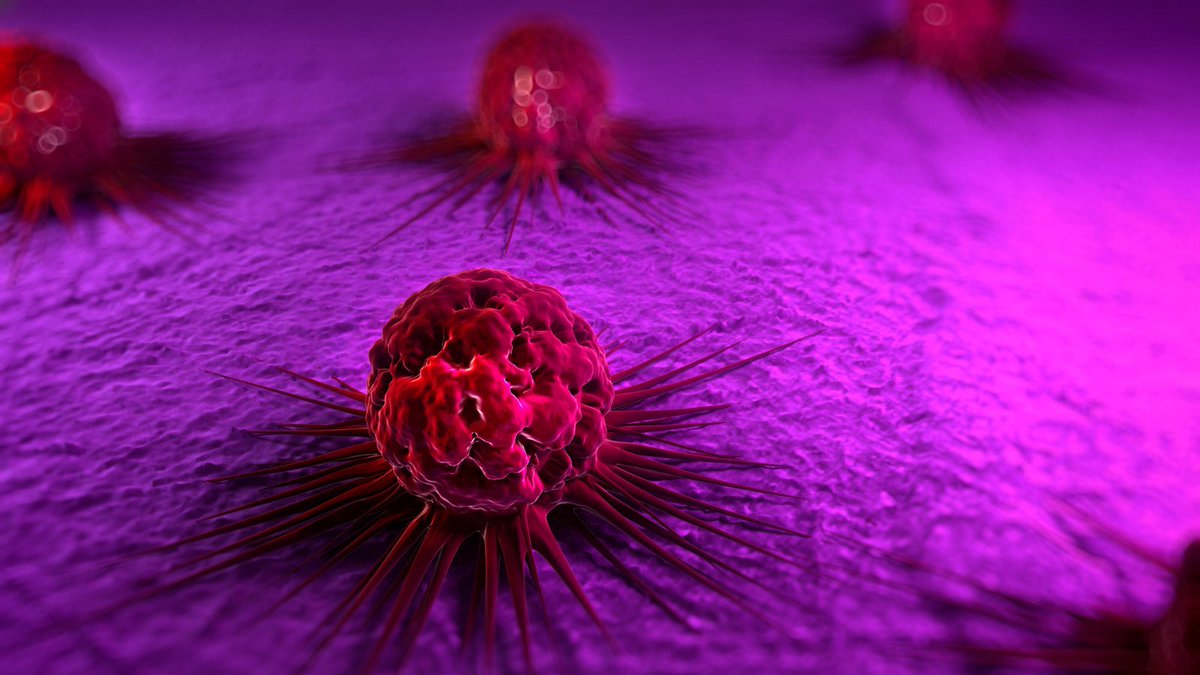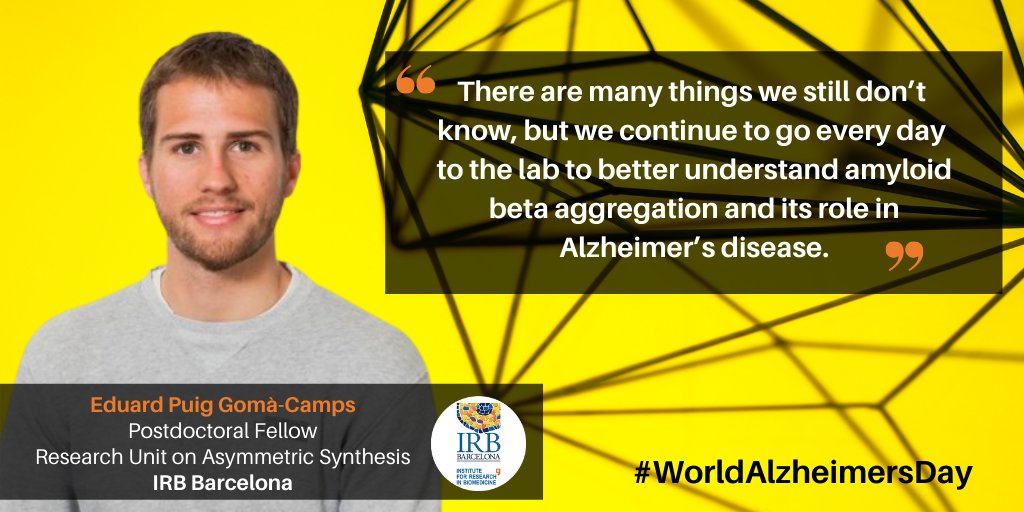
🔬An international consortium, led by #IRBBarcelona & the biotech company @MerusNV, reports the discovery of MCLA-158, the first clinical candidate screened in #organoids targeting 🎯 #cancer #stemcells of solid tumors.
📰@NatureCancer
➡️bit.ly/3MLiu3h
#IRBScience
📰@NatureCancer
➡️bit.ly/3MLiu3h
#IRBScience

Named Petosemtamab, the antibody MCLA-158 prevents the onset of #metastasis (that is, the spread of #cancer to other vital organs) and slows the growth of primary tumours in experimental models of cancer. 

The study also lays the groundwork for the use of #organoids in the #DrugDiscovery process undertaken by pharmaceutical companies.
Organoids are patient-derived samples that can be grown in the laboratory, and they reproduce certain aspects of the tumour compartment.
Organoids are patient-derived samples that can be grown in the laboratory, and they reproduce certain aspects of the tumour compartment.

For the development and characterisation of this antibody, researchers from HUB Organoids built a large biobank comprising organoids derived from patients with colon cancer, organoids from colon cancer metastasis to the liver, and organoids from normal non-cancerous tissue. 

Dr. @BatlleLab: "It's highly satisfying to see that our discoveries are helping patients. We started studying cancer stem cells 15 years ago. The journey has been exciting & very complex. It has required a large investment of resources & great deal of work by many researchers. 

This research includes work developed in the suppresSTEM consortium, funded by the EU & w/ collaborative work by research centres #IRBBarcelona
@_Hubrecht @sangerinstitute & companies (@MerusNV Ocello B.V./@crownbioscience). @VHIO @ICO_oncologia & @Xenopat_ collaborated in data.
@_Hubrecht @sangerinstitute & companies (@MerusNV Ocello B.V./@crownbioscience). @VHIO @ICO_oncologia & @Xenopat_ collaborated in data.

• • •
Missing some Tweet in this thread? You can try to
force a refresh









